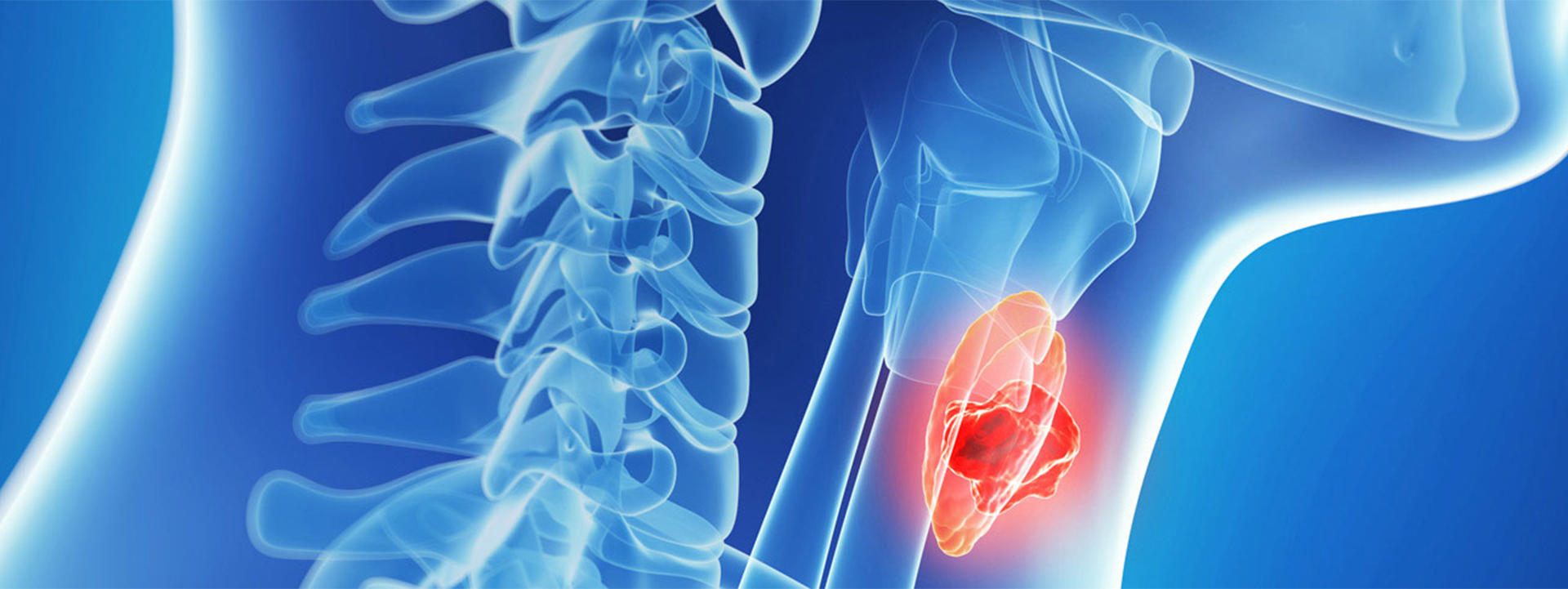
Thyroid Cancer
Thyroid cancer is a type of cancer that develops in the cells of the thyroid gland, a butterfly-shaped gland located in the front of the neck. The thyroid gland produces hormones that regulate metabolism and other essential functions in the body. Thyroid cancer is relatively rare compared to other types of cancer but can usually be treated successfully, especially when diagnosed early. Understanding the causes, symptoms, diagnosis, and treatment options for thyroid cancer is essential for early detection and effective management.
Causes of Thyroid Cancer
The exact cause of thyroid cancer is often unknown, but several factors may increase the risk, including:
- Exposure to radiation, especially during childhood or as part of medical treatments
- Family history of thyroid cancer or certain genetic syndromes, such as familial medullary thyroid cancer or multiple endocrine neoplasia (MEN) syndrome
- Gender, as thyroid cancer is more common in women than in men
- Age, with the risk increasing with age, especially after the age of 30
- Diet low in iodine, although this is rare in countries with iodized salt
- Other thyroid conditions, such as goiter or benign thyroid nodules
Symptoms of Thyroid Cancer
Thyroid cancer may not cause any symptoms in its early stages, but as the cancer grows, it may cause:
- A lump or swelling in the neck, which may grow rapidly
- Difficulty swallowing or breathing
- Persistent hoarseness or voice changes
- Persistent cough not related to a cold or other respiratory condition
- Pain or discomfort in the neck, throat, or ears
- Enlarged lymph nodes in the neck
- Changes in appetite or weight loss
- Fatigue or weakness
Diagnosis of Thyroid Cancer
Diagnosing thyroid cancer typically involves a combination of medical history review, physical examination, and diagnostic tests, including:
- Thyroid ultrasound to visualize the thyroid gland and detect any abnormalities
- Thyroid function tests to assess thyroid hormone levels in the blood
- Fine-needle aspiration (FNA) biopsy to obtain a tissue sample from the thyroid for laboratory analysis
- Imaging tests such as CT scan, MRI, or PET scan to determine the size and extent of the cancer
Treatment Options for Thyroid Cancer
Treatment for thyroid cancer depends on various factors, including the type, stage, and size of the cancer, as well as the patient's overall health and preferences. Treatment options may include:
- Surgery to remove part or all of the thyroid gland (thyroidectomy)
- Radioactive iodine therapy to destroy any remaining thyroid tissue or cancer cells after surgery
- Thyroid hormone therapy to replace thyroid hormones and suppress the production of thyroid-stimulating hormone (TSH)
- External beam radiation therapy for advanced or recurrent thyroid cancer
- Chemotherapy or targeted therapy for aggressive or metastatic thyroid cancer
If you or a loved one have been diagnosed with thyroid cancer or have concerns about your risk, our team of experts is here to help. Contact us today to schedule a consultation and learn more about our comprehensive approach to diagnosing and treating thyroid cancer.